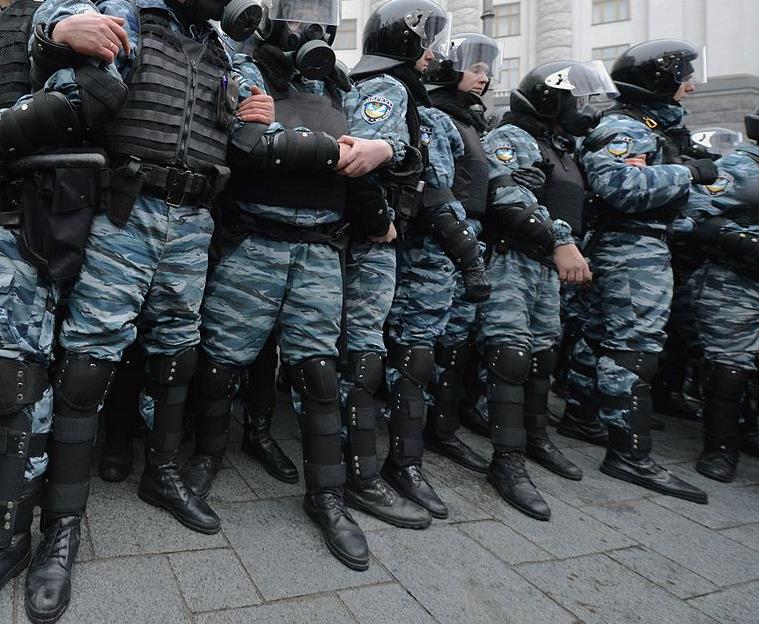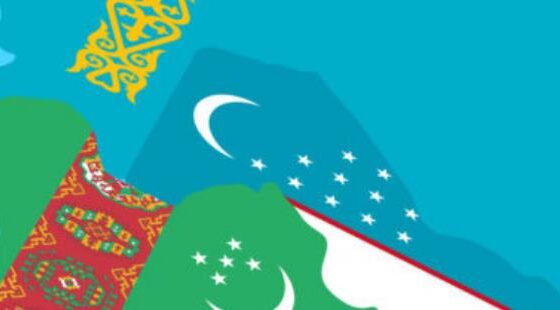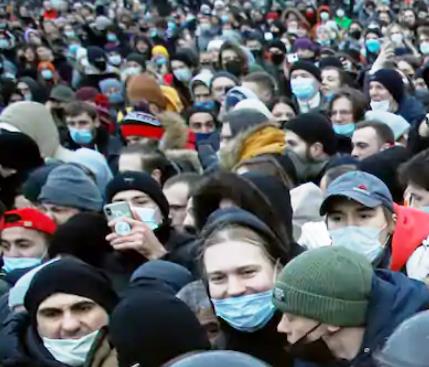(Washington Post) Russian President Vladimir Putin’s regime has started to rely more on repression as a central tool, culminating in the arrest of the opposition politician Alexei Navalny and Saturday’s crackdown on protesters. It’s not unusual for autocratic regimes to coerce protesters, arrest political opponents and harass potential critics. […]
However, the mix of these ingredients has changed over time. Russian political scientist Vladimir Gel’man characterized Putin’s first dozen or so years as a “vegetarian” autocracy, which turned massive economic growth into high approval ratings, with little need for crude repression.
After mass anti-government protests in 2011 and 2012, however, Gel’man argues that the Kremlin turned carnivorous, using a “politics of fear” to intimidate the public and persecute regime critics. The Kremlin depicted Russia as a fortress besieged by enemies abroad and fifth columns at home. This justified growing restrictions on political rights, while the regime boosted its popularity by annexing Crimea from Ukraine. […]
Read More © The Washington Post











